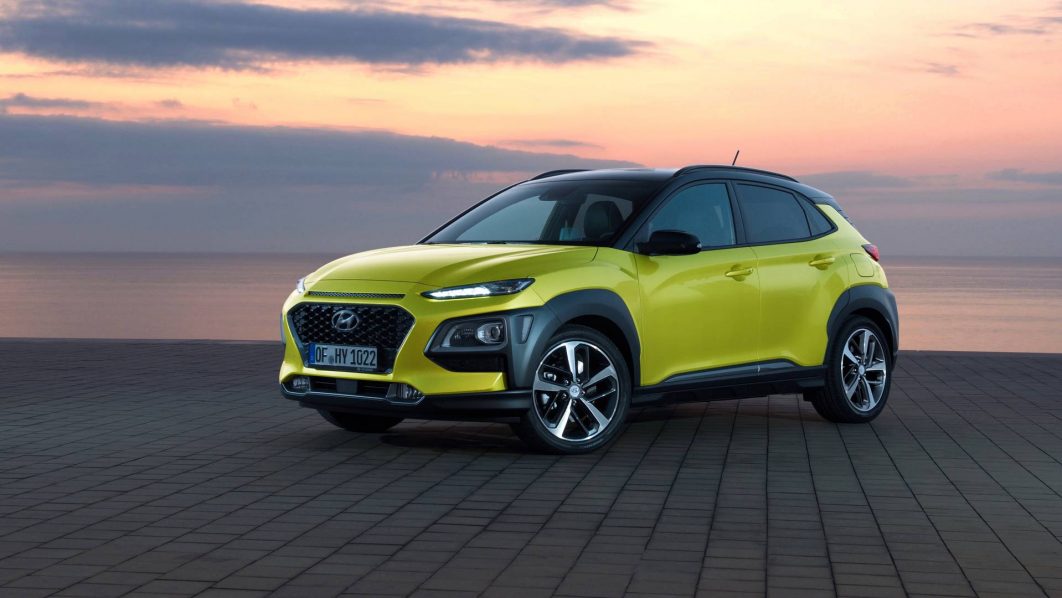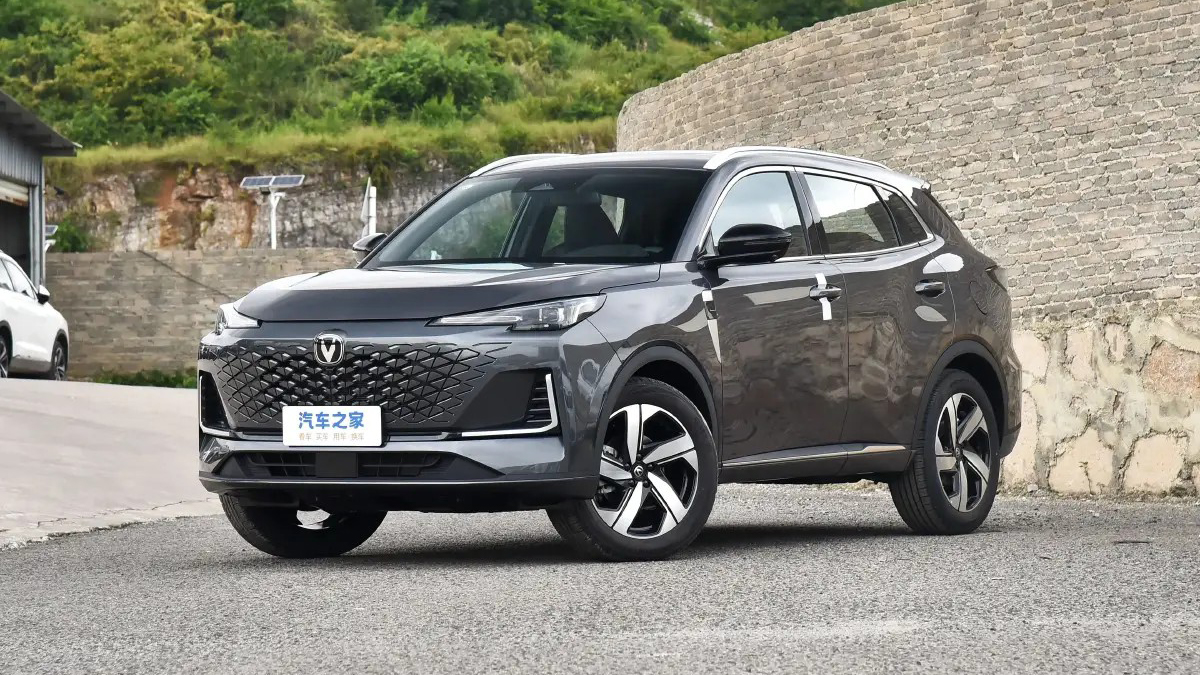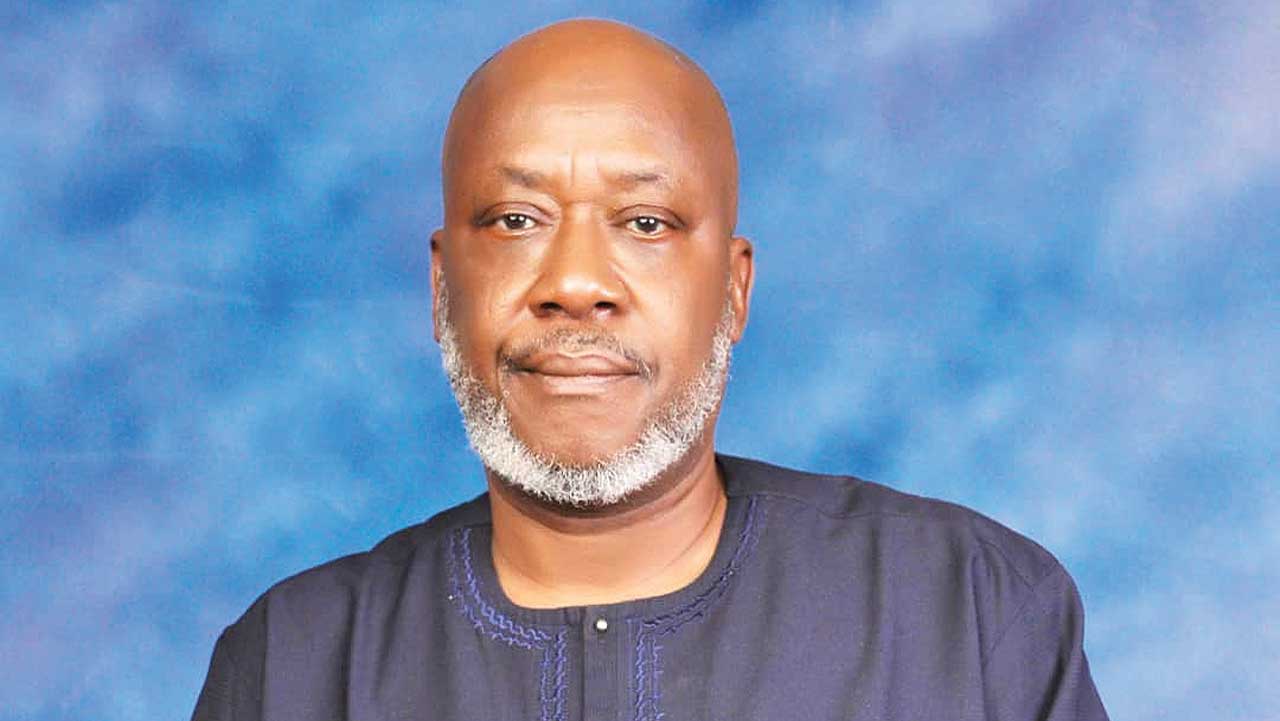
Lagos State Governor, Babajide Sanwo-Olu, last week unveiled an electric vehicle (EV), aimed at easing the pressure on energy and reducing carbon emission.
The Hyundai Kona car, manufactured by Stallion Group, is 100 per cent electric with zero-emission, 482km-driving range. It can be charged both at home and workplace.
According to the manufacturer, the Kona can go up to a range of 482 km with an acceleration of (0-100kms) in 9.7 seconds on a single battery cycle of a capacity of 64 KWH. The ease of charging, it said, is unmatched and can be plugged for 9.35 hours for a full battery.
With the launch, Nigeria appears to have recorded a breakthrough in EV but the innovation may not be constrained by incessant power supply and gridlock affecting major cities, especially Lagos and Abuja. The condition of the major roads may also affect EV adoption. While the Lagos-Ibadan Expressway is still under reconstruction, its alternatives – Ikorodu-Epe-Ijebu-Ode and Lagos-Abeokuta – are not better.
The difference between the most stressful city like Lagos and the least stressful ones – Stuttgart, Luxembourg, Hanover, and others – are factors, including finance, transport, percentage of green spaces, and citizens’ well-being. Lagos transport system is a nightmare.
In Lagos, a journey of about 10 or 15 minutes could last for three hours. A study says Lagosians spend an average of 30 hours in traffic each week – or 1,560 yearly. This coupled with poor power supply is the major reason many people say EV could face a major challenge taking off.
In its report, ‘Solving the liquidity crunch in Nigeria’s power sector,’ PwC, stated: “About 40 per cent of the population have no access to electricity and supply is usually epileptic for those that have access.”
For many developed countries, the switch from fossil fuel to cleaner and renewable energy is ongoing and inevitable. Despite many obstacles, EVs are being relied on to help reduce carbon footprint.
Globally, the production of full-electric and hybrid cars is receiving incredible attention. They are fast replacing fossil fuel cars in Asia, Europe, and America.
Electric vehicles are flourishing in countries like China, India, Japan, South Korea, Germany, United Kingdom, Netherlands, Spain, Belgium, France, United States Canada, among others.
With, perhaps, the exception of South Africa, Africa, including Nigeria, has remained an observer in the revolution in the automobile market.
While EVs may have had a checkered past, there is still an accord amongst auto industry leaders and analysts that its adoption is approaching a tipping point. This is forcing the traditional industry to take electrification seriously.
An energy agency, DNV GL in its yearly Energy Transition Outlook, predicted that by 2032, electric vehicles will account for half of the global car sales and there will also be a rapid uptake for electrified buses in cities. By contrast, it expects hydrogen to increasingly play a role in long-distance and heavy trucking.
DNV GL forecasts that the adoption of EVs, which its Chief Executive Officer, Remi Eriksen, said is three to four times more efficient, will mean that overall emission from transportation will be marginally lower by 2050.
According to Chief Executive Officer of West Atlantic Cold-Chain and Commodities Limited, Henrii Nwanguma, from an investment standpoint, one cannot fault the introduction of a good brand of battery electric vehicles into the Nigerian market especially if locally assembled.
“We must advance with the world. Many companies are bullish about electric cars with the largest automaker reportedly setting an aggressive 2025 deadline for phasing out all internal combustion engine (ICE) vehicles,” he said.
He described the innovation as a pleasant turnaround as a few years ago the undisputed pioneer and innovator, Tesla, was a “lone voice in the wilderness”. He stressed that road and drainage infrastructure is important for adopting EVs.
“I doubt EVs can take the punishment of flooding. Charging infrastructure will coexist with places having parking spaces thus unlocking values for their owners if they make the right investments,” he said.
Head, Sales, and Marketing, Hyundai Motors Nigeria Limited, Gaurav Vasisht, said the cost of ownership of the vehicle over a while is about 40 to 50 per cent cheaper than petrol vehicles. The vehicle goes for N24 million.
Vasisht said making it affordable and accessible will see most Nigerians adopt the innovation.
He said: “It will be great to simply charge your car at home like a mobile phone and drive around at no fuel cost. Kona offers just that ease to the consumers.
“It is a matter of time, once people get to know about the availability, the market will increase. We would love more players in the industry. A single company might not be able to cater to the whole market. It is good for Nigeria that there should be multiple players.”
He stated that the car has a charging kit of 2.3 kilowatt to 7.4kw. “We are going to bring in only a few 22kw charging kits, which will be installed at our offices and workshops,” he said.
Dean, School of Transport, Lagos State University (LASU), Prof Samuel Odewumi, said epileptic power supply will not be a major threat because the charging points will invariably have standby generator power supply as we do for our perennial problems.
However, he said the immediate challenge might be the maintenance system that will not be ubiquitous to take care of the most probable problem. Nevertheless, the university don said the trajectory of technological evolution cannot be arrested.
“We either walk or we will be dragged along. The world will not wait for us to wake up. The big players in the industry are on the move, and we have no choice in the matter. Recall when automatic gears were introduced, our mechanics were averse to it. The same thing happened when front-wheeled drive came,” he said.
Odewumi said electric and solar-powered cars are the latest kids on the block and that technological laggards will just be spectators who must tag along willy-nilly.
Chief Operating Officer, Automedics Limited, Gbola Oba, said it may seem elitist now but that development in battery storage capacity and modular green energy will soon make environment-polluting hydrocarbon-powered internal combustion energy obsolete.
Running costs
Another factor that will grease Kona’s wheel of success in the country is the car’s running cost, which is quite minimal. That will be more so in Nigeria, where electricity consumers resident in accommodation categorised under R1 is charged only N45 per kilowatt.
That implies Hyundai Kona owners would incur only N3300 for a full charge that will do a running of 482 kms, if he or she plugs the car into the public power supply. The charging is also as simple as getting your mobile plugged in at your home or office electrical socket.
The ease of charging is unmatched and can be plugged in at home or work for 9.35 hours for a full battery charge and the power consumption for full charging is 143 WH/KM (68.926 kwh for 482km). Besides the Hyundai Kona’s electric power-packed performance for providing a thrilling driving experience it also manages to excel with its charging kit capacity of 2.3KW, with a voltage of 230V and frequency of 50Hz. The styling of the vehicle is conventional, the interior is luxurious, and the ride is nearly silent.






